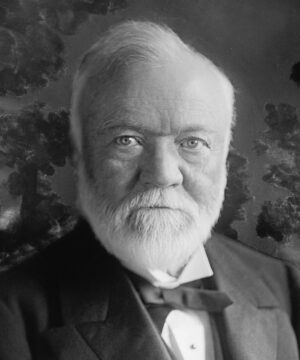by Michael Liss

“[T]o hurt innocent people whom I knew many years ago in order to save myself is, to me, inhuman and indecent and dishonorable. I cannot and will not cut my conscience to fit this year’s fashions….” —Lillian Hellman, Letter to the House Committee on Un-American Activities (HUAC), May 19, 1952
She wouldn’t do it. Despite seeing her reputation trashed, her income from her work disappear, her companion Dashiell Hammett (the creator of Sam Spade) sent to prison, Lillian Hellman wouldn’t name names. She’d testify about herself, but she wouldn’t sell out friends and acquaintances just for a little leniency.
There are moments in our history when, despite being the greatest democracy in the history of the world, a type of madness descends on us. We lose our bearings, our guardrails, our principles and even our dignity. We become consumed with the thought that our very existence is at risk, and those bearings, guardrails, principles and dignity become luxuries we can no longer afford. A communal paranoid state of mind exists, and, until the fever breaks, we do a lot of damage to ourselves and our institutions.
Most of the time, we can weather it, in part because our government and our laws create a framework for restraint. Disputes get resolved through the ballot box, the legislative process, and, if necessary, the courts. As long as the fight is basically a fair one, it would be like a World Series—you might eat your heart out if your guys lose, but, to cite the pre-1955 Brooklyn Dodgers, “there’s always next year” and, in a fair fight, historically at least, there always has been.
Fair doesn’t always happen, or at least it doesn’t happen right away. Human nature, and circumstance get in the way. When we are in one of those Madness Moments, and the government is dominated by people willing to make maximalist use of power, whether it legally exists or not, then the dynamic changes radically. It isn’t any longer “I won, I will take this” but “I won, I will take this from you” or even “I won, I will take everything from you, including your dignity.”
Such a time came for Lillian Hellman, for Dashiell Hammett, for their friends, for the greater writing and artistic community, for open activists and even those regular folks who might have just ended up on a subscription list, or had given a few bucks to some do-gooder group, or even gone to the wrong dinner. Their government, caught up in the mania called the Red Scare and McCarthyism, flexing itself well beyond what Madison or Jefferson would have thought were its boundaries, searched their records, summoned them, interviewed them, intimidated them, had them fired, and in some cases jailed them. Read more »

 It doesn’t take a lot of effort to be a bootlicker. Find a boss or someone with the personality of a petty tyrant, sidle up to them, subjugate yourself, and find something flattering to say. Tell them they’re handsome or pretty, strong or smart, and make sweet noises when they trot out their ideas. Literature and history are riddled with bootlickers: Thomas Cromwell, the advisor to Henry VIII, Polonius in Hamlet, Mr. Collins in Pride and Predjudice, and of course Uriah Heep in David Copperfield.
It doesn’t take a lot of effort to be a bootlicker. Find a boss or someone with the personality of a petty tyrant, sidle up to them, subjugate yourself, and find something flattering to say. Tell them they’re handsome or pretty, strong or smart, and make sweet noises when they trot out their ideas. Literature and history are riddled with bootlickers: Thomas Cromwell, the advisor to Henry VIII, Polonius in Hamlet, Mr. Collins in Pride and Predjudice, and of course Uriah Heep in David Copperfield. There is something repulsive about lickspittles, especially when all the licking is being done for political purposes. It’s repulsive when we see it in others and it’s repulsive when we see it in ourselves It has to do with the lack of sincerity and the self-abasement required to really butter someone up. In the animal world, it’s rolling onto your back and exposing the vulnerable stomach and throat—saying I am not a threat.
There is something repulsive about lickspittles, especially when all the licking is being done for political purposes. It’s repulsive when we see it in others and it’s repulsive when we see it in ourselves It has to do with the lack of sincerity and the self-abasement required to really butter someone up. In the animal world, it’s rolling onto your back and exposing the vulnerable stomach and throat—saying I am not a threat.